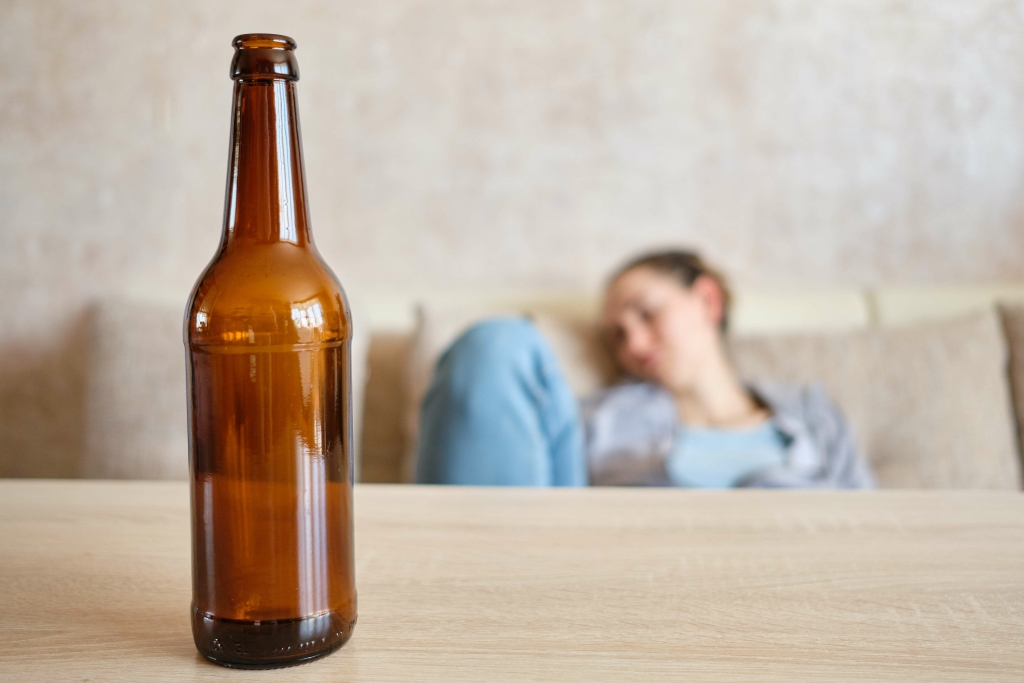Content
Drinking alcoholic beverages of any kind, including wine, beer, and liquor, can contribute to cancers of the mouth and throat, larynx (voice box), esophagus, colon and rectum, liver, and breast (in women). For some cancers, even less than one drink in a day can increase risk. The less alcohol a person drinks, the lower the risk of these types of cancer.

This means that glucose is not released and the levels of blood glucose fall. This can result in a myriad of symptoms, including sweating, palpitations, blurred sight, trembling, and headaches. Talk to your doctor about drinking with type 1 diabetes and ask if they would recommend any changes to your routine. Also discuss any medications you are taking and how that might impact the effects of alcohol. Moderate amounts of alcohol may cause blood sugar to rise, excess alcohol can actually decrease your blood sugar level – which can be dangerous for people with T1D. Even for people who don’t have diabetes, drinking too much, too often, can be risky.
Always test blood sugar before having an alcoholic beverage
At Nashville Recovery Center, we aim to treat any and everyone. It’s also caused by an autoimmune reaction that stops the body from making insulin in some circumstances. People with type 1 diabetes take insulin every day to survive. Therefore, many people with type 1 diabetes avoid alcohol use altogether. This can happen to people who do not have control over their diabetes.
- It is important to always check the food label for the nutritional content, including sugar levels.
- States and communities can prevent binge drinking by supporting effective policies and programs, such as those recommended by the Community Preventive Services Task Force.
- The Department of Veterans Affairs (DVA) warns that individuals with diabetes may have other conditions that alcohol could affect.
Sometimes, even honey and fruit juices can have high levels of refined sugar. It is important to always check the food label for the nutritional content, including sugar levels. When you drink, your liver is less effective at removing triglycerides from the bloodstream. If you have diabetes and high triglycerides, talk to your doctor about the best way to lower them. If you have diabetes, your blood pressure is already at an increased risk. Drinking alcohol can make diabetes disease control harder to keep at bay, which can lead to serious health problems such as a stroke.
Study finds drinking wine with meals was associated with lower risk of type 2 diabetes
What’s more, when the liver breaks down alcohol, it converts it to fat, which can contribute to weight gain. Excess weight can contribute to the onset of type 2 diabetes, and it can make the condition worse. Major factors in the development of diabetes mellitus in 10,000 men. Patterns of alcohol consumption and alcohol-related morbidity and mortality.
“Study finds drinking wine with meals was[…]k of type 2 diabetes.” March 3, 2022. Schrieks, Ilse C.; Heil, Annelijn L.; Hendriks, Henk F.; Mukamal, Kenneth J.; Beulens, Joline W. “The effect of alcohol consumption on ins[…]ntervention studies.” Diabetes Care, April 2015. Quitting alcohol is not guaranteed to reverse diabetes, but it is likely to improve your overall health and help diabetes symptoms. This could just lead to improved diabetes symptoms, but could also lead to the eventual reversal of type 2 diabetes.
Rehab for Women Near Temecula, California – New Directions for Women
When you hear the term “beer belly,” it typically refers to a type of obesity that occurs from drinking alcohol, beer specifically. Alcohol can impair the function of the liver, causing it not to release enough glycogen. When you drink, the liver’s ability to release 5 Tips to Consider When Choosing a Sober Living House glucose into the bloodstream is affected. This can cause adverse effects since the liver needs to release glycogen to keep blood glucose levels from dropping. If you have diabetes, you may have a higher chance of experiencing hypoglycemia when consuming alcohol.
If you drink, do it occasionally and only when your diabetes and blood sugar level are well-controlled. If you are following a calorie-controlled meal plan, one drink of alcohol should be counted as two fat exchanges. Alcohol can interact with diabetes medications and impact your blood sugar. If you’re living with diabetes, talk to your doctor about how alcohol may impact your condition management plan, even if you only have an occasional alcoholic beverage.
Second, like most previous studies in this field, our assessment of alcohol was likely suboptimal for several reasons. The assessment was done at a single time point and did not evaluate drinking pattern. Participants, especially those in the heavier drinking groups, may have underreported their consumption level because the questions regarding alcohol use were administered by an interviewer. It is important to drink plenty of water or non-alcoholic beverages and avoid heavy alcohol consumption.
Food slows down the rate at which alcohol is absorbed into the bloodstream. Be sure to eat a meal or snack containing carbohydrates if you are going to drink alcohol. John’s key responsibilities include maintaining the day-to-day operations from both a clinical and housing perspective. John’s goal is to monitor every department to ensure proper policies and procedures are in place and client care is carried out effortlessly. John joined Amethyst as a behavioral health technician where he quickly developed strong personal relationships with the clients through support and guidance. John understands first hand the struggles of addiction and strives to provide a safe environment for clients.